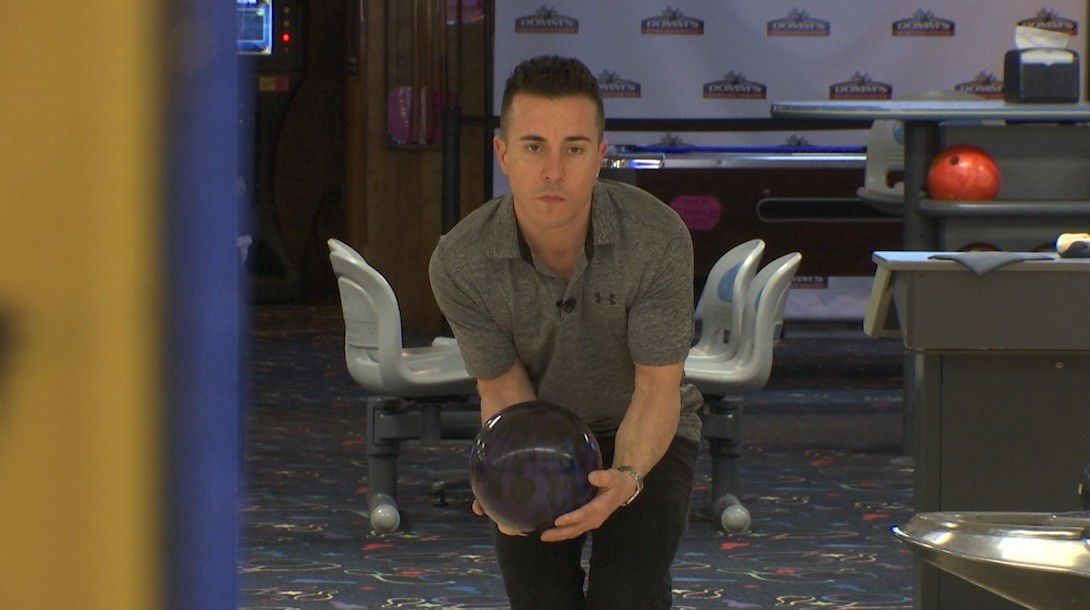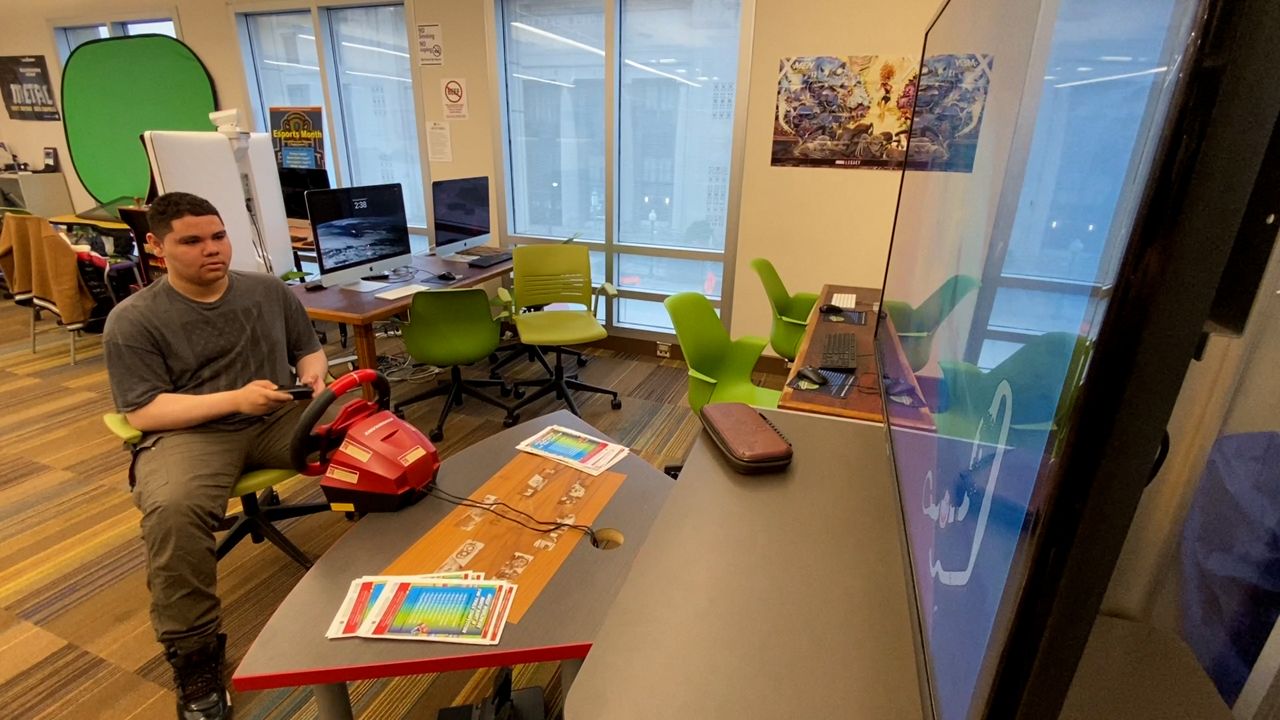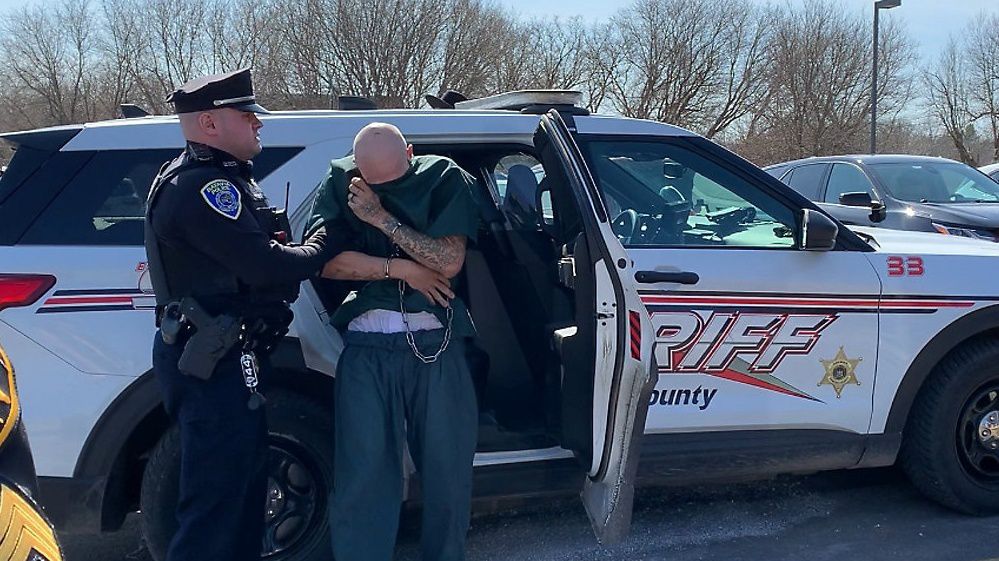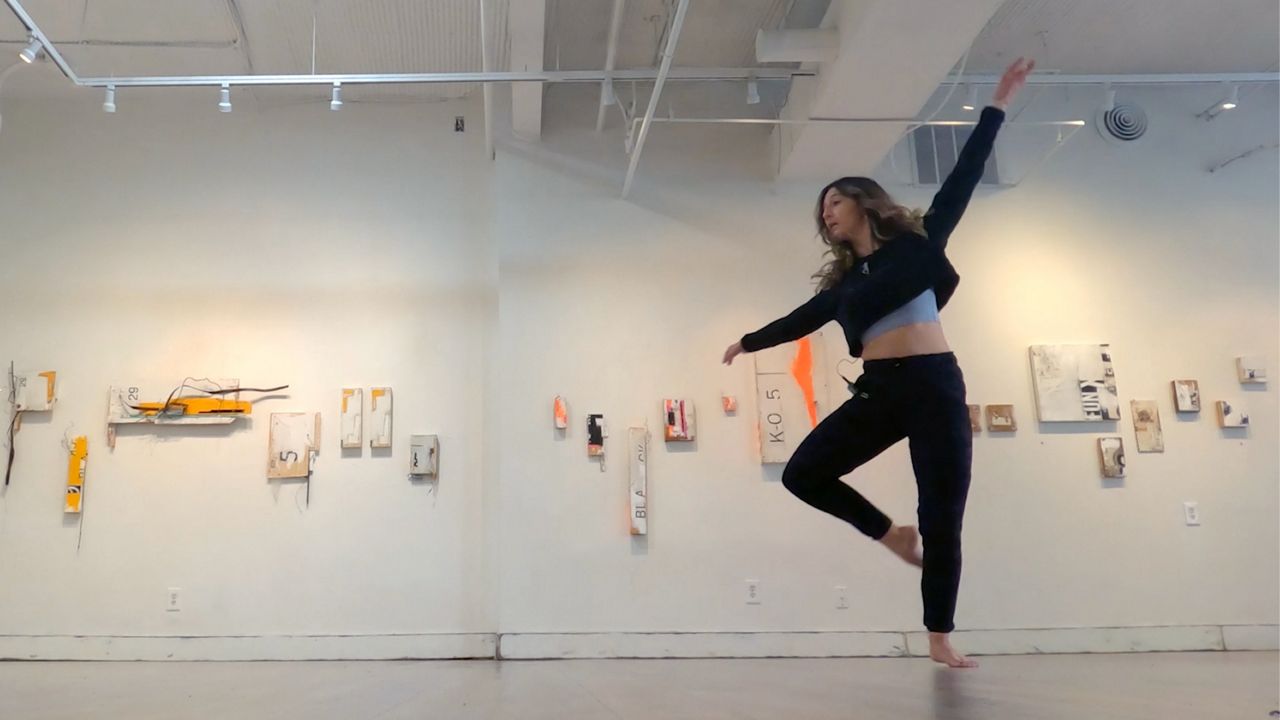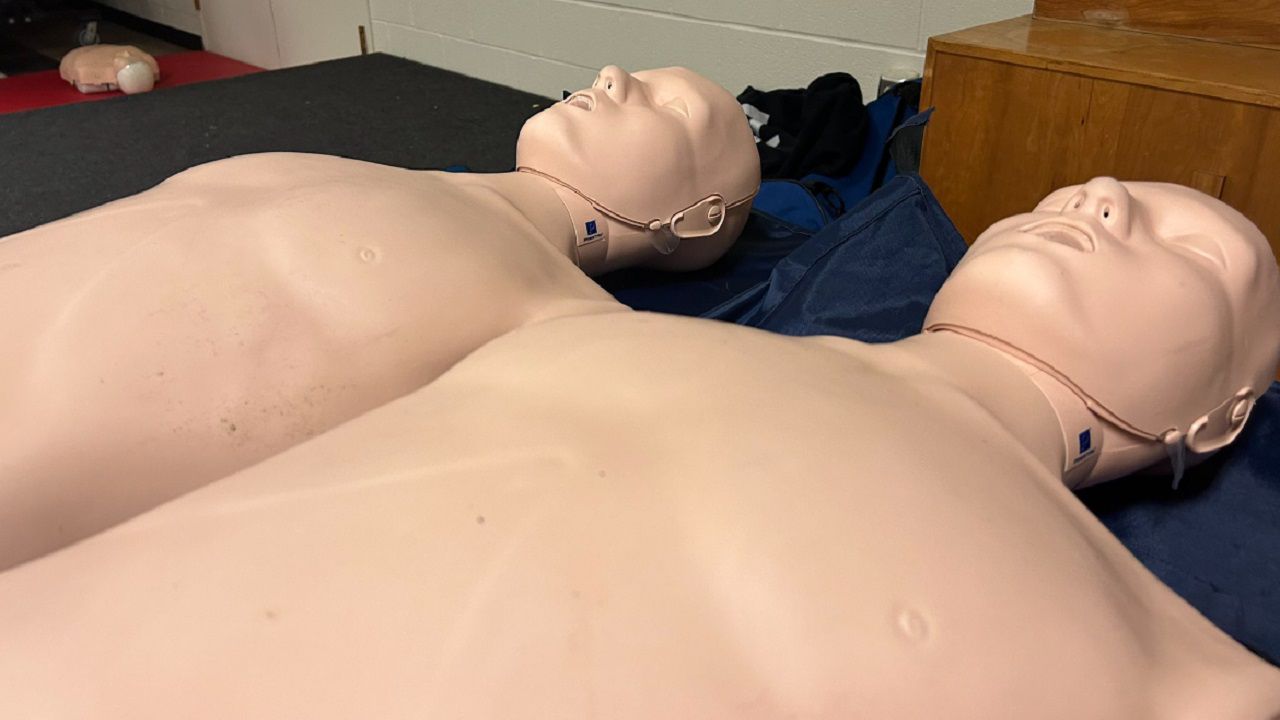ROCHESTER, N.Y. — Violence has a way of reshaping people’s lives, even changing the way they look at the world. Loss and trauma can lead to remorse. But in a lot of cases, it also leads to the question: What could I have done to stop it from happening in the first place?
On March 9, 2006, what began as a celebratory night ended in tragedy. Ashlai Snead and her choir members had just seen "The Lion King" on Broadway. She stopped at home to pick up her sister before heading to Applebee's.
"As we were backing up out of the driveway, some guys stopped the car and the car got shot up. My friend Hershel Scriven got hit in the head and died. Another friend was shot in the arm, but none of us in the back was harmed," said Snead.
Snead remembers Scriven as a vibrant and talented individual.
"He was a minister. Very funny! He could sing, he loved singing to me. I'm in love with Jesus. Jesus loves me, he would sing that. His "Praise is What I Do." He played the organ. He was just an amazing person," she expressed.
The police confirmed that Scriven was not involved in any criminal activity.
"The individual who was injured does not live a lifestyle that would indicate that he would be involved in this type of incident," stated a police captain.
Police reported that the suspects were three African American men — one around 6 foot 1, the others about 5 foot 8.
When asked if she thought this was a targeted attack, Snead responded, "No, random act of violence. We were with our choir, with people that we love, coming from a stage play, and then headed to eat. Who would have known in between that amount of time that something like this could happen, which is how there are our senseless crimes. Just became an unfortunate situation for all parties. The boys that did it, their ages that were in the papers, and they were young," she said.
For years, the weight of that night never left Snead.
"You get that survivor's remorse. Why not all of us? Or why not none of us?" she shared.
Random acts of violence affect communities across America — mass shootings in churches, grocery stores and schools. It has changed safety protocols and even the conversations we have with our kids. It has also changed the way some people feel about the need to protect themselves.
"Had I had a gun, could I have shot him back? Could this have gone a different way? I think about that," Snead reflected. "But it became real to me to join and be a part of something and to move forward in being licensed, when I started to see things that were happening in the places and spaces that the elders deemed safe," she added.
This decision led her to obtain a firearms license and undergo training. Paul Adell of the Rochester African American Firearms Association teaches people like Snead about gun safety and ownership.
"They come away from here with a baseline understanding of safety functionality. We teach them how to clean the firearm and then we teach them the laws that go along with it so they don't get themselves into trouble," said Adell.
Snead also emphasized the necessity of self-protection, particularly for women.
"Anytime I have heard of someone getting mugged or raped, it is the men who are hurting the woman. And so because of that, yes, there are way more women that are going and putting themselves in position because we have to," she stated.
Adell echoed this sentiment.
"It's the same reason why police officers carry guns. You are responsible for your own safety," he expressed.
Despite moving forward, Ashlai still mourns her friend’s loss. His voice on a gospel album reminds her of a life taken too soon.
"We do have his voice with us forever. It doesn't have to fade. I don't ever have to forget it and I'm happy about that. But I want my friend here. I don't want to have to go to the cemetery to talk to him, I just don't," she said.
Police say the murderer who took Hershel Scriven's life is serving a life sentence.






